(By Rabbi Yair Hoffman for 5TJT.com)
Most people are aware of the prohibition of Mesirah. They are also aware that when there is a “danger to life” issue involved – i.e. Pikuach Nefesh, it is permitted and perhaps even obligatory. The question is what exactly are the parameters of the interplay between these two concepts?
Covid-19 could be a case in point. In a scenario where the law specifically forbade a school to convene, and the school authorities are actively undermining the authorities and thus risking the lives of both their students’ families and the general public – is a person who is aware of this permitted to inform the authorities? Is that person, indeed, obligated in doing so? Also, in the current crisis, has that scenario been reached?
In theory, a person would be able to report on a Yeshiva that is violating an anti- assembly ordinance on account of the “flesh-eating lung virus” called CoVid-19 when it is clear that it is a sakana, as instructed by a competent Rav. What follows below is why.
STAY UPDATED WITH BREAKING UPDATES FROM YWN VIA WHATSAPP – SIGN UP NOW Just click on this link, and you will be placed into a group.
MESIRAH DOES NOT APPLY IN A PUBLIC DANGER
The Rambam writes in Hilchos Chovel uMazik (chapter 8:11) that the prohibition of Mesirah does not apply to someone who endangers the public. A person may turn in someone who endangers the public where he can be subjected to being punished corporeally, imprisoned or fined. This is also the ruling of the Shulchan Aruch (CM 388:12). The Rambam seems to draw a distinction between someone who does so to the public where it is permitted, and someone who does so only to an individual. The commentaries on the Rambam are somewhat at a loss determining the exact source for this distinction.
The Vilna Gaon (CM 425) writes that one may turn in someone who is endangering the public – even if the person does not have the intent of endangering the public. He references the Gemorah in Bava Kamma 117b.
There is also a responsum of the Rivash (#239) where he deals with someone who is wreaking financial havoc who steals from the entire community. The Rivash permits turning him over to the authorities.
Dayan Weiss zt”l (Minchas Yitzchok Vol. VIII #148) was asked whether one is permitted to turn in someone who is speeding excessively in a residential area where there are both elderly people and young children. He ruled that one may certainly do so, from a kal vaChomer argument from the words of the Shulchan Aruch (CM 378:8-9) and the Sma. The rationale Dayan Weiss employs is that the person has the equivalent status of a Rodef in how he is endangering the public.
MUST WARN HIM FIRST
Dayan Weiss adds the caveat that he must first warn him not to do so. He may only turn him in after the violator continues to do so after having received the warning.
Dayan Weiss also discusses two other cases, where a person continues to run through red lights and where a person drives without having passed a qualifying driver’s test.
Dayan Weiss also adds a person who parks in a manner that endangers pedestrians or if he parks on the sidewalk in a manner that pedestrians must dangerously walk on the streets.
There are apparently three source areas in the halacha that would warrant this type of permission: The equivalency to a rodef (CM 425), the status of a Moser (388:10), or one who endangers others through engaging in counterfeiting currency (388:12). Regardless, all three categories require a previous warning and a Bais Din telling him to refrain from doing so. If the person will not appear before a Bais Din, then it would appear that a written warning would be sufficient. It is clear from a responsum of Rav Moshe Shternbuch (Teshuvos v’Hanhagos Vol. II #727) that if there is danger to the informer – then the warning reuirement can be waived.
UMDENAH D’MUCHACH
The responsum Panim Meiros (Volume II #155) and the Chessed L’Avrohom (MK CM #2) both indicate that one may not turn in someone who steals to the authorities unless one has an umdenah d’muchach – clear cut evidence to that effect.
The Tzitz Eliezer (Vol. XIX #52) rules that a doctor may turn in a father who is likely to be beating his child or abusing the child in a sexual manner. In the same responsum he deals with a stranger doing so. The Tzitz Eliezer ruled that it is clear that doing so is permitted.
Rav Elyashiv ruled similarly in a responsum published in Yeshurun 15 p. 670. In a letter to Rav Feivel Cohen dated 2004, Rav Elyashiv zt”l wrote “From the words of the Rashba we observe that regarding a matter that contains within it “tikkun olam,” the sages of Israel in each generation do have the ability to erect fences and to stand in the breach—even in a situation where we do not have the additional legal argument of “the king’s decree.”..
However, this permission to inform the authorities is when it is clear that that the offender was in the wrong—then [we consider that] it does involve the issue of tikkun olam. However, in a situation where there is not even raglayim la’davar (any indication of guilt); rather, it is some imagination—if we permit it, it is not only that there is no tikkun olam, a rectification of the world—rather there is destruction of the world here. It is possible that on account of some bitterness of the student toward the teacher or on account of some psychological illusion we are placing a man into a fate worse than death—where he has no guilt at all on his hands. I see no heter to permit it under such circumstances.”
Rav Shternbuch (Teshuvos v’Hanhagos Vol. II #727) has a responsum regarding whether one is permitted to inform upon a person who runs a house of ill-repute. He rules that he most certainly can. Rav Shternbuch also is very much concerned for Chillul hashem in such a situation and permits informing upon the person even if there is no prohibition of aishes ish is involved.
GETTING BACK TO THE YESHIVOS
Applying the concept of umdena d’muchach, in a situation where everyone in the Yeshiva is secluded from other people living in a dormitory and no one is ill, then it is unclear that there would be an umdenah d’muchach that it endangers people. On the other hand, it is not clear, whether or not there is such a place anymore where the students are exposed to no one else. Certainly in a place such as Brooklyn or the like, it very well could be endangering people. But in the places where no one has been exposed to the virus, there still would be an issue of chillul Hashem mentioned by Rav Shternbuch.
May Hashem bring yeshuos and nechamos to Klal Yisroel and the entire country and cause all of this anguish to be removed swiftly – where we will not have such shailos.
The author can be reached at [email protected]
(YWN World Headquarters – NYC)

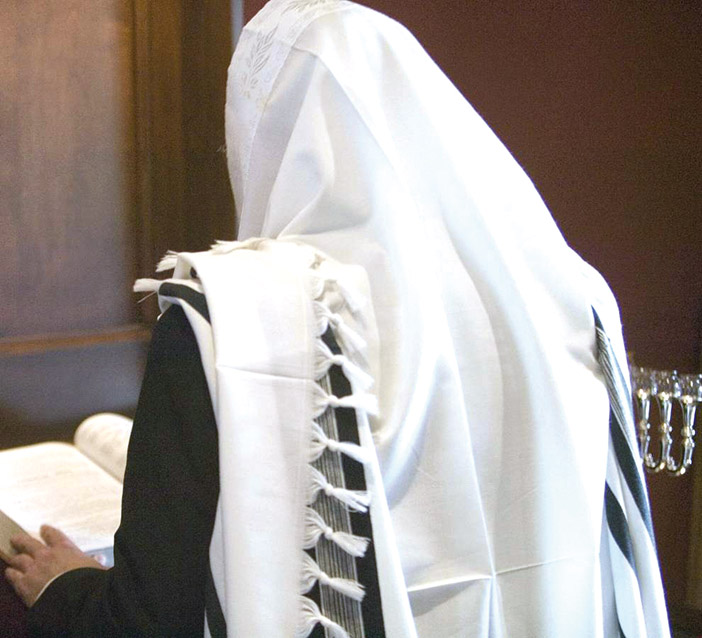




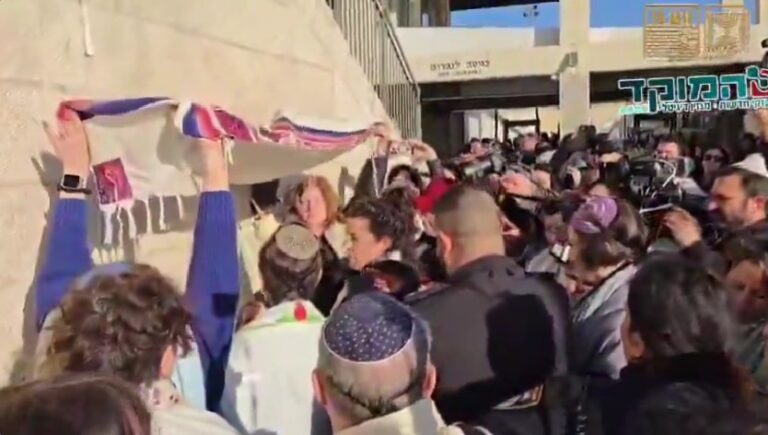
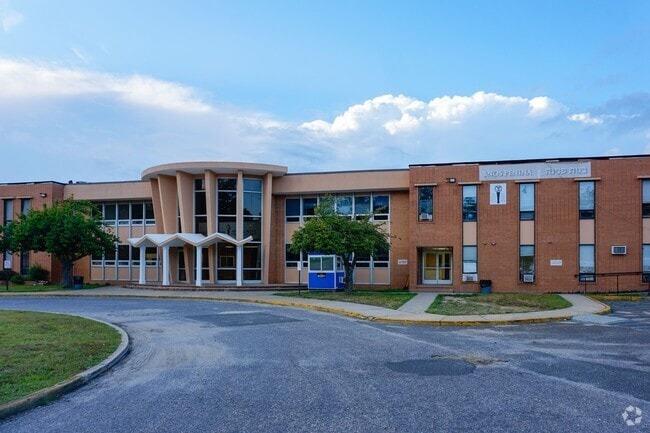
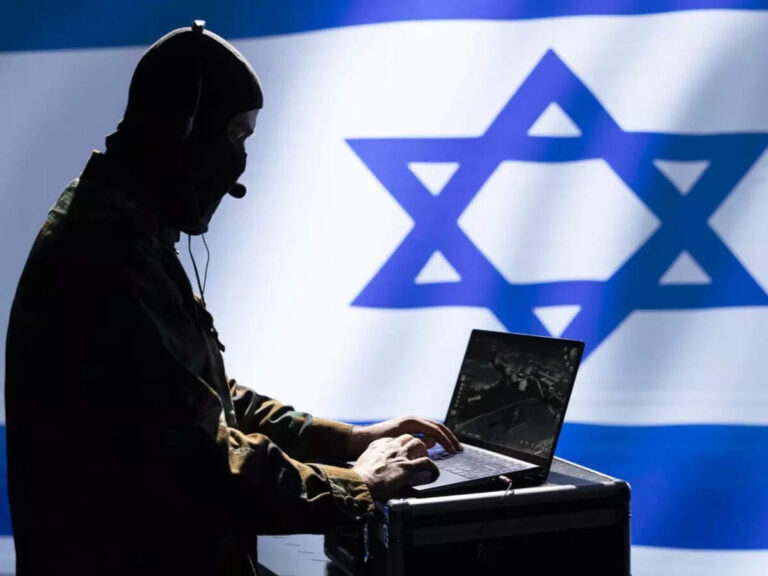

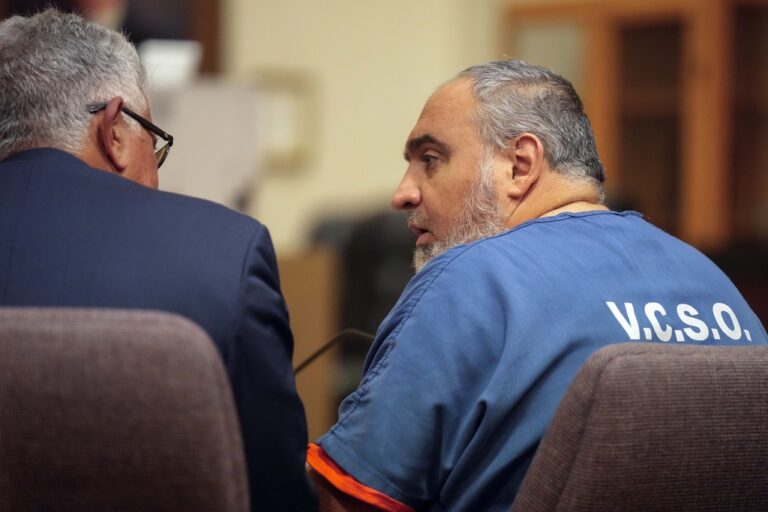

12 Responses
ofcourse all precautions need to be taken precisly because of ” safek pikuach nefesh”
Mesirah means informing the authorities in order to get the violator punished. But where the purpose is simply to get him to stop what he is doing and nothing more, that is not mesirah. In our case, if we drop a dime on a mosad we can be reasonably sure that the police will come and shut it down but the menahalim will not be punished. They will simply be ordered not to reopen, and if they comply they will be fine. And even in the unlikely event that they are punished that is not the informer’s intent. Therefore I don’t see a question of mesirah in the first place. There may be other shaylos (I don’t think they apply here, but in principle they do exist), but this is not one of them.
Does this not constitute RODEF? Idiots who violate state rules should be listed on the web, fined and put in cherem.
may one shut off the medicaid faucet to people or groups that jeapordize society with stupidity , absolutley , president trump should shut down all medicaid or welfare programs to the roshei yeshiva that refuse to close , you will see how fast they close
CHAS V’SHALOM TO BE MOSER WITHOUT FIRST ASKING A ROV! HASHEM YERACHEM!
Thank you R’ Hoffman for a clear and cogent opinion on a critical public concern. If you are aware of any mosdos engaging in activities that pose an imminent threat to the health and safety of the tzibur, call the authorities immediately to assure they are stopped asap. This should be common sense but perhaps its important to have the non-issue of “messirah” disposed of.
So let’s review:
One is allowed to go out in public to go shopping (all the major heimishe supermarkets/groceries in Flatbush were jammed today) but it’s assur to go davening. Aha. Olam hafuch.
Can you point us to a source that says that COVID-19 eats lung-flesh?
EDITOR RESPONDS: The reference is to the notion of the ground glass opacity in CT scans of the underlying bronchial structure that indicates a partial filling of air spaces in the lungs either by exudate or transudate. It also shows the interstitial thickening and the partial collapse of the lung alveoli. This is equivalent to the flesh-eating described in the article above.
Recent sources of this are:
Radiology and Radiology: Cardiothoracic Imaging are publishing original research about coronavirus in a Special Focus section. There is also a Spectrum of Imaging Findings flip-through slide show featuring the images and captions from the available Radiology and Radiology: Cardiothoracic Imaging studies.
Mar. 10 – Performance of radiologists in differentiating COVID-19 from viral pneumonia on chest CT (Published in Radiology)
Mar. 6 – FDG PET/CT of COVID-19 (Published in Images in Radiology)
Feb. 27 – Essentials for Radiologists on COVID-19: An Update – Radiology Scientific Expert Panel (Published in Radiology)
Feb. 26 – Correlation of Chest CT and RT-PCR Testing in Coronavirus Disease 2019 (COVID-19) in China: A Report of 1,014 Cases (Published in Radiology)
Feb. 21 – Coronavirus Disease 2019 (COVID-19): A Perspective from China (Published in English and Chinese in Radiology)
Feb. 20 – CT Chest Findings in Coronavirus-19 (COVID-19): Relationship to Duration of Infection (Published in Radiology)
Feb. 19 – Sensitivity of Chest CT for COVID-19: Comparison to RT-PCR (Published in Radiology)
Feb. 13 – Time Course of Lung Changes on Chest CT During Recovery from 2019 Novel Coronavirus (COVID-19) Pneumonia. (Published in Radiology)
Feb. 13 – Imaging Profile of the COVID-19 Infection: Radiologic Findings and Literature Review. Published in Radiology: Cardiothoracic Imaging)
Feb. 13 – Chest Imaging Appearance of COVID-19 Infection (Published in Radiology: Cardiothoracic Imaging)
Feb. 12 – Chest CT for Typical 2019-nCoV Pneumonia: Relationship to Negative RT-PCR Testing. (Published in Radiology)
Feb. 7 – CT Manifestations of Two Cases of 2019 Novel Coronavirus (2019-nCoV) Pneumonia. (Published in Radiology)
Feb. 6 – Emerging Coronavirus 2019-nCoV Pneumonia. (Published in Radiology)
Feb. 4 – CT Imaging Features of Wuhan Coronavirus Infection (2019-nCoV). (Published in Radiology)
· Radiology and Radiology: Cardiothoracic Imaging are publishing editorials and commentaries on COVID-19.
o Feb. 14 – Radiology: Cardiothoracic Imaging Editorial The Many Faces of COVIC-19: Spectrum of Imaging Manifestations, by Fernando Kay, MD and Suhny Abbara, MD. Dr. Abbara is the editor of Radiology: Cardiothoracic Imaging.
o Feb. 4 – Radiology Commentary Chest CT Findings in 2019 Novel Coronavirus (2019-nCoV) Infections from Wuhan, China: Key Points for the Radiologist, by Jeffrey P. Kanne, MD, from the University of Wisconsin School of Medicine and Public Health, Madison.
NGI, you are 100% right, but that is not the question here. Here the question is only about those minyonim that are breaking the law. Everyone agrees that this must not happen. Even those who are most adamant about shuls not closing agree that they must comply with all regulations. So if some mosad is not obeying, the question is whether it’s OK to call the authorities. Rabbi Hoffman argues that this is one of the exceptions to mesirah. I think that his reasoning is probably correct, but in my opinion we don’t need to reach that question, because it’s not mesirah in the first place.
Can you be moser on someone who’s inspection sticker is outdated and his brakes are weak? He is driving around town, a sure and constand public danger. He is more dangerous than the shul, even. Imagine that!
Why is ropsitz 53 st allowing use of mikva and with dozens of minyamim see sign on shul door
How do you know his brakes are weak? In any case, the question is whether he will get in trouble if you call, or he’ll just have to fix his brakes? If that’s all that will happen then it’s not mesirah.